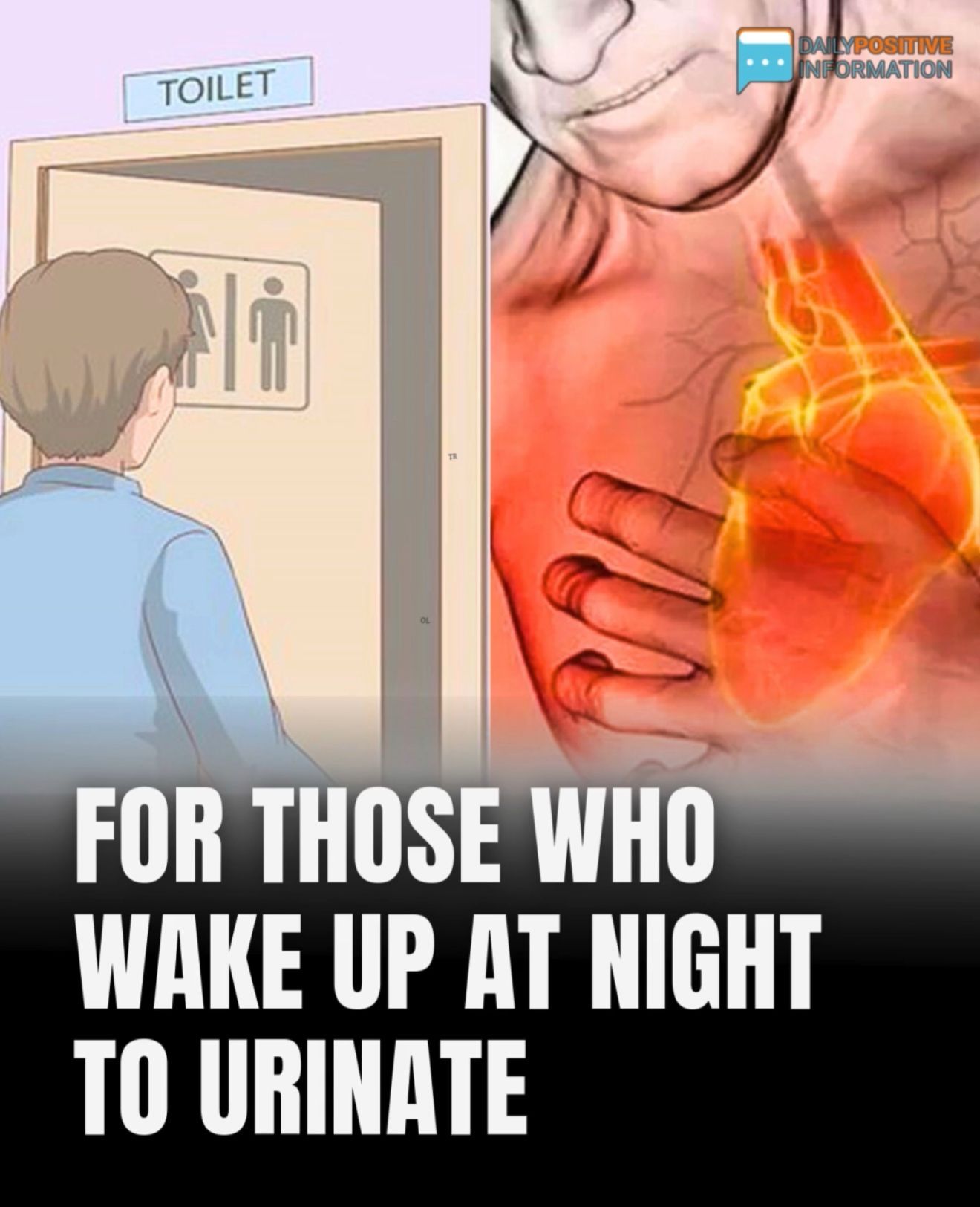Waking up multiple times in the middle of the night to use the bathroom can be frustrating, especially when it begins to disrupt your sleep and overall quality of life. While it’s normal to need to urinate once during the night occasionally, doing so more than twice may be a sign of a condition called nocturia. Nocturia is common, particularly among adults over the age of 60, and can be linked to a number of different causes. A good night’s sleep is essential for feeling energized and focused the next day, but if you’re constantly getting out of bed to go to the bathroom, it might be time to figure out what’s going on. Though often confused with enuresis—commonly known as bedwetting—the two are different. Enuresis involves involuntary urination during sleep, whereas nocturia is the conscious need to wake up and urinate. Both can disturb sleep, but nocturia may also be a red flag for more serious underlying health issues.

There are several reasons why nighttime urination occurs, and aging is one of the most common. As we grow older, the body produces less antidiuretic hormone, which helps us retain fluid and reduce urine production during sleep. When this hormone declines, the kidneys produce more urine at night. On top of that, the muscles in the bladder may weaken with age, making it harder to hold urine in overnight. However, aging isn’t the only factor. Other potential triggers include drinking excessive fluids, especially those that are caffeinated or alcoholic, close to bedtime. Medications like diuretics, which are often prescribed for conditions like high blood pressure or heart failure, can also increase nighttime urination. Infections such as chronic UTIs and bladder infections may play a role as well. For women, pregnancy and childbirth can lead to weakened pelvic floor muscles, which may also contribute to more frequent urination at night.
Sometimes, nighttime urination signals something more serious. Medical conditions like diabetes, congestive heart failure, chronic kidney disease, and enlarged prostate in men can all cause increased urination. Additionally, certain sleep disorders such as insomnia, restless legs syndrome, or obstructive sleep apnea can disrupt rest and make nocturia more noticeable.
The symptoms of nocturia are usually easy to spot. Most healthy adults can sleep six to eight hours without needing to wake up and use the bathroom. If you’re waking up more than twice a night to urinate, especially if it’s consistent, that may be a sign of nocturia. You may feel an urgent need to go but only pass a small amount of urine, or you may feel like you didn’t fully empty your bladder. This constant waking can lead to daytime sleepiness, poor concentration, and a decreased sense of well-being. For older adults, there’s also an increased risk of falling during nighttime bathroom trips, which can lead to injuries.
To diagnose nocturia, your healthcare provider will begin with a physical exam and a discussion about your symptoms. They may ask how many times you wake during the night, how long this has been happening, and what your typical routine is before bed. For example, drinking a lot of water or taking diuretics in the evening could be contributing factors. Your doctor may order tests such as a urinalysis to check for abnormalities in your urine or a urine culture to rule out infections. A post-void residual test, which uses ultrasound to see how much urine is left in your bladder after urinating, may also be performed. If there’s concern about an underlying health condition, additional blood tests could be necessary. These may include tests for blood sugar, kidney function, and electrolyte levels, helping your provider determine if your symptoms are related to conditions like diabetes or kidney disease.
Treatment for nocturia depends largely on its cause. If your doctor suspects fluid intake is the problem, they may suggest reducing the amount you drink in the evening. Elevating your legs during the day or wearing compression socks can help reduce fluid accumulation in the lower body, potentially decreasing nighttime trips to the bathroom. Taking a short nap during the day may help you feel more rested despite nighttime disturbances. In some cases, medication may be recommended. Anticholinergics are drugs that help relax bladder muscles, which can reduce the urge to urinate. These can be helpful for both nighttime urination and bedwetting, though they may cause side effects like dry mouth, dizziness, or blurred vision. Another approach involves taking a diuretic earlier in the day to shift urine production away from nighttime. Some doctors may also prescribe synthetic antidiuretic hormone to help reduce urine output during the night. While medications can ease symptoms, they typically don’t provide a permanent cure, and symptoms may return if you stop taking them. Managing nocturia often requires a combination of lifestyle changes and medical support tailored to your specific needs.





